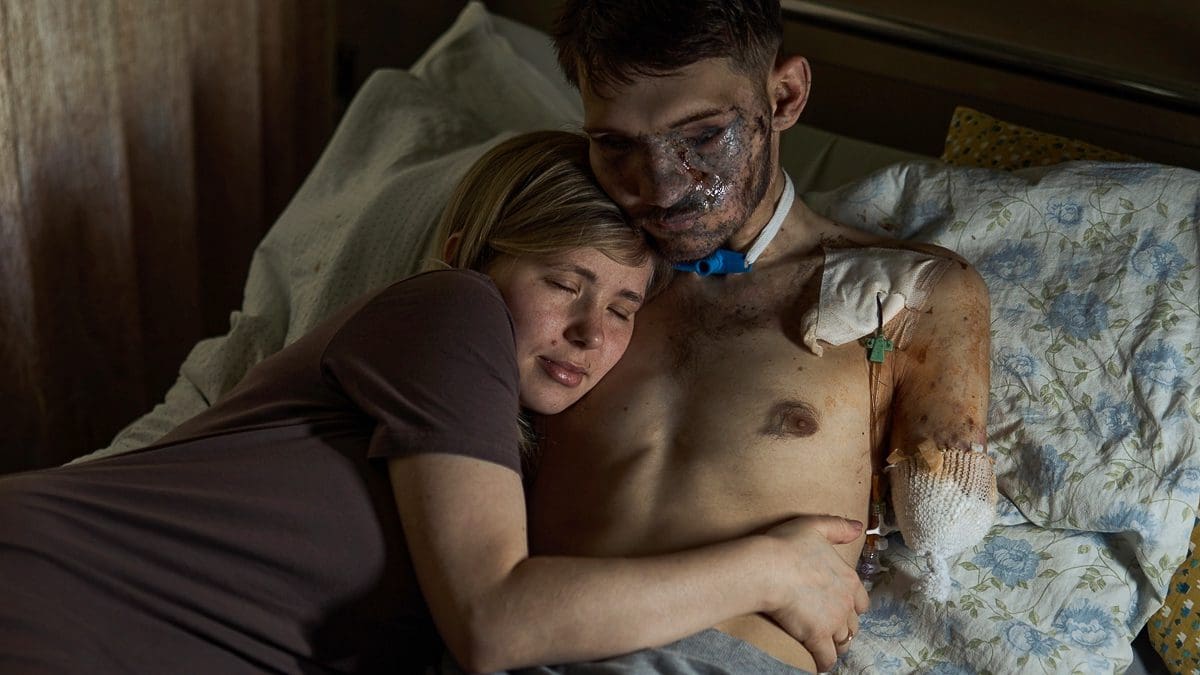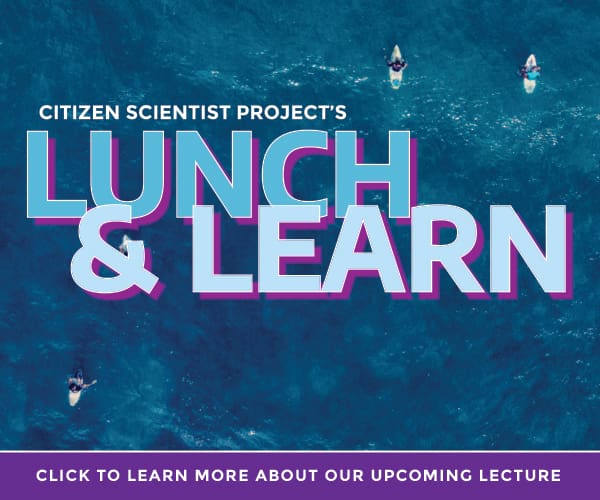I used to tell people I was Russian.
I knew my dad was from Ukraine. I knew my favorite food, borscht, was a Ukrainian dish. I knew the flag waving outside my aunt’s house had two yellow and blue stripes. I knew the embroidered clothing and art hanging on my grandma Galina’s walls were of Ukrainian culture. I knew my great grandma Lyubov survived the Holodomor famine in the Ukrainian countryside, and I knew when she was around, everyone in the family would speak in Ukrainian.
I knew my family came to the U.S. as refugees after the collapse of the Soviet Union.
But In Miami, most kids my age knew nothing about Ukraine before Russia’s invasion on February 24th, 2022. As long as I knew my real identity it was fine, but then, it wasn’t fine. After the invasion, kids began to make jokes about me at school, completely ignorant to that fact that my father Ruslan was a Ukrainian man, born in Novograd Volynsky and raised in Kyiv.
I felt so stupid for compromising my identity for years just to make it more convenient for people to understand my culture.
Some war facts:
At least 9,083 innocent civilians have been killed in Ukraine, and 15,779 have been injured because of the Russo-Ukraine War as of June, according to the United Nations High Commissioner on Refugees. The Ukrainian government reports 120,000 civilian buildings were destroyed, and 97,060 war crimes have been registered, with almost 500 child deaths as of July. Both sources say numbers are estimated to be significantly higher.
On July 6, when I wrote this, the Ukrainian government reported at least 4 were killed and 34 injured when Russia attacked Lviv. Tomorrow, something even worse might happen.
Here’s another war fact: members of my family are hiding every night in their basements in Kyiv as the war continues. I am grateful that no one has been hurt, so far.

Around that time of the invasion, in Mr. Zequeria’s English class at MAST, we were reading Timothy Snyder’s On Tyranny: 20 Lessons from the Twentieth Century. As we went over the book, almost every aspect of Russia’s tyrannical regime and the genocide they were committing against Ukrainians could be compared to the lessons of the book.
But when I would make remarks about this in class, it always seemed like none of the other students cared. They demonstrated this doing things like sharing WWIII memes with me, or about a raise in gas prices caused by the war. But when it came to genocide and Russian war crimes, they really did not care.
When I wrote about the war in The Beacon, the MAST student newspaper, some students relayed the opinions of their parents, who didn’t like the idea that U.S. tax dollars were being spent in Ukraine. Two boys ripped up the edition that had my Ukraine opinion piece on the front and used it to dry a water spill. They threw it away after and told me nobody cares about Ukraine.
This is a conflict you should care about, even if Ukraine seems far away from you. Some U.S. politicians are even saying the U.S. should leave NATO, which has expanded with the addition of Finland and Sweden after Russia’s aggression. The U.S. is being a great help. Obviously the whole world won’t be able to help but strong, Western countries are being very helpful.
Even if my classmates don’t care about the war’s death and terror, this war will still affect them in today’s interconnected world. Every individual either currently experiences or will eventually face the consequences of this conflict.
If immediate action is not taken to halt the terrorist Russian state, the trajectory of human history will begin to shift into oppression and dictatorship in the years ahead.
Invest in Local News for Your Town. Your Gift is tax-deductible
ANASTASÍA IVANOVA is a junior at the School for Advanced Studies and is part of the Key Biscayne Independent's student journalism program. She writes for her school newspaper The Wolfson Post, and wrote for The Beacon at her previous school MAST Academy. She also enjoys spending her time debating in Model United Nations conferences, volunteering with disabled children, and drinking matcha.



